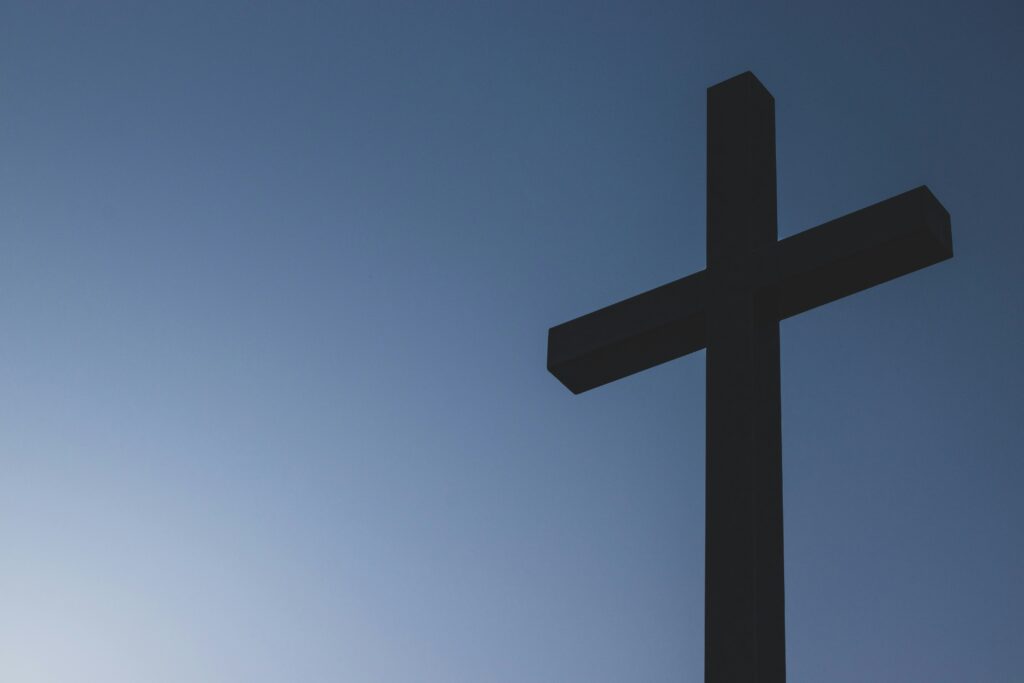Accountability In The Wesleyan Way by Jorge Acevedo

My youngest son spent a decade as a chef in training in many fine dining restaurants in the Southwest Florida area. Several of the eating establishments were seafood restaurants as you would expect living on the Gulf Coast. Nathan learned to cook some of the most fantastic fresh seafood dishes, but here was his dirty little secret. He did not eat seafood. He did not eat his cooking!
“Accountability” is one of those words in our culture, and sadly in the Church, that goes over as well as the word “evangelism.” People shut down when they hear it, but I think it’s because, like the word “evangelism,” we have not had good models and experiences of it. Typically, we think of accountability as a heavy handed, manipulative experience of being gaslit into doing stuff we’d rather not do. Such usage is often dished out but never practiced by those serving it. Let me suggest that there is a better way to describe and yes, even experience accountability.
Here’s a definition I would offer that I believe is in the Wesleyan spirit of “watching over one another in love.” Accountability understood from our holiness tradition is inviting trusted Christ followers to help me honor my most sacred commitments. If my walk with God, marriage, parenting, and vocation are some of my most sacred commitments then having a few trusted companions to help me stay faithful to those commitments is essential.
A lesser-known accountability group in early Methodism was a group of men and women hand-selected by John Wesley known as the “select society.” This group existed to serve as models of Christian perfection and as a training environment on both the doctrines and methods of the growing Methodist movement. Dr. Michael Henderson writes of the select societies, “The select society was an elite corps of those enthusiasts who had worked their way up through the ranks of class meeting, society, and band and were considered by both their peers and the leaders to be the standard bearers of the movement.”1 Yet unlike the scouting program of our day, there were no “badges” for being in the select society. It was simply an intentional gathering of women and men who embodied the best of the Methodist movement and desired to continue to grow in grace.
In A Plain Account of the People Called Methodists, Wesley describes the Select Society this way:
I saw it might be useful to give some advice as to those who continued in the light of God’s covenant, which the rest of their brethren did not want, and probably could not receive. So, I desire a small number of such as appeared to be in the state, to spend an hour with me every Monday morning. My design was, not only to direct them how to press after perfection; to exercise their every grace, and improve every talent they had received; and to incite them to love one another more, and to watch more carefully over each other; but also to have a select company, to whom I might unbosom myself on all occasions, without reserve; and whom I could propose to all their brethren in as a pattern of love, of holiness, and of good works.2
These were leaders who had been invited to live in rich, deep, formational community with one another. Personal holiness of heart and life, growing in ministerial capacity and living in gracious and accountable community were the aims.
It is also important to note that this became a place for Mr. Wesley to “unbosom” himself. This word, not used much in the 21st century, means “to disclose or reveal.” I find it fascinating that Mr. Wesley was self-aware enough to create a people and place for himself to live in grace and truth with fellow believers. Henderson reports, “Wesley encouraged a freewheeling and open discussion, especially on matters significant to the direction and policies of Methodism. He welcomed criticism of the system and of his own place in it.”3 Wesley understood the wisdom of a “do as I do” kind of spirituality. He “ate what he cooked.”
This is the stream of Christianity we find ourselves in as Methodists. This is how we understand accountability. Embedded in our DNA is a kind of accountability that fosters flourishing in our formation to Jesus as well as fruitfulness in our mission for Jesus. For more than 35 years, I have had a “band of brothers” with whom I can unbosom myself and it has been the game changer in my life and ministry. I’m eating Mr. Wesley’s cooking too.
So, how about you? Do a spiritual inventory right now. Do you have a band of brothers or circle of sisters with whom you can “unbosom” yourself? Who helps you discern how you are engaging in ministry to the world? Step into the way of accountability. It’s good for the soul.
1 Henderson, John Wesley’s Class Meeting: A Model for Making Disciples, 121.
2 Henderson, John Wesley’s Class Meeting: A Model for Making Disciples, 122.
3 Henderson, John Wesley’s Class Meeting: A Model for Making Disciples, 123.
Subscribe
Get articles about mission, evangelism, leadership, discipleship and prayer delivered directly to your inbox – for free



